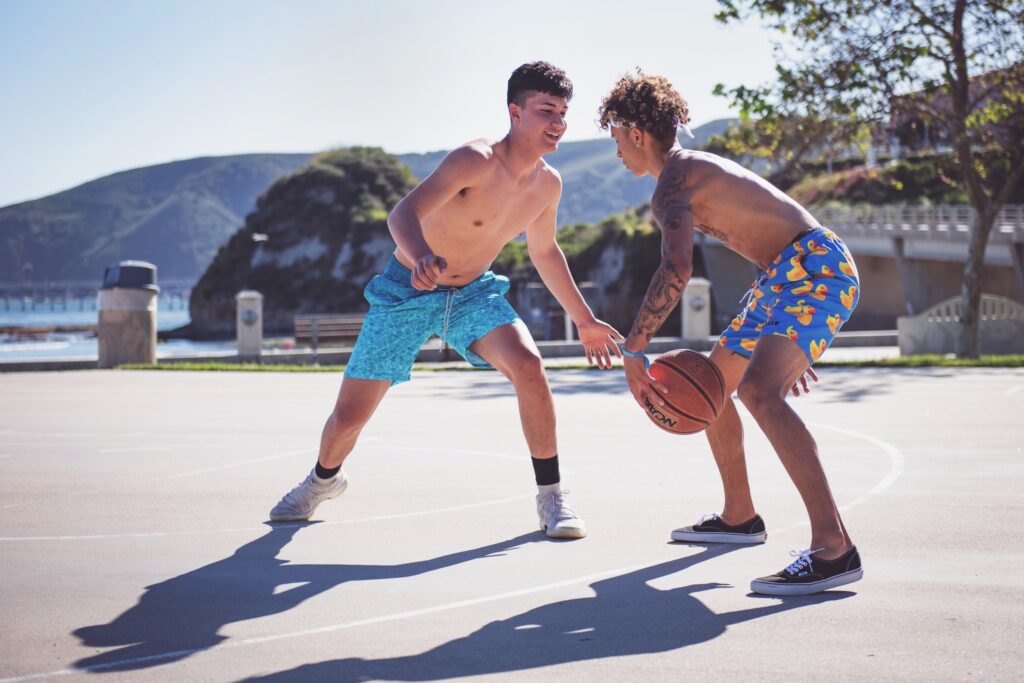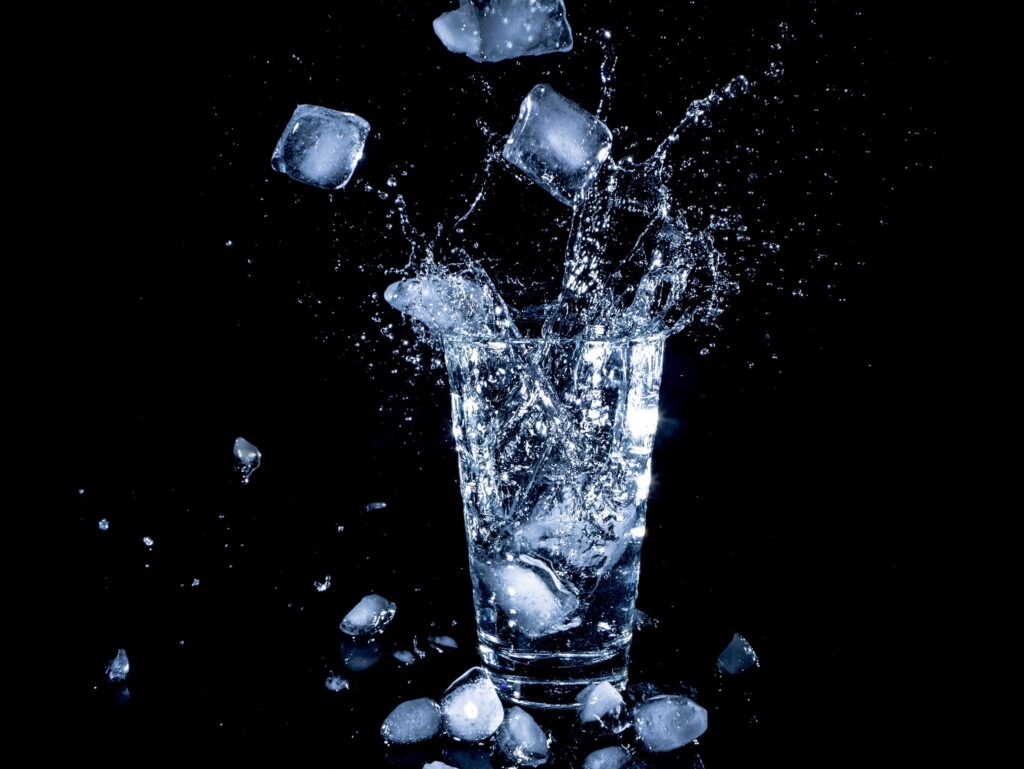Hydration, Athletic Performance and Injury Recovery.
Not only is proper hydration important in day-to-day life, but it becomes especially important with athletic activity. With increasing temperatures and humidity, it can be difficult to keep up. Improper hydration can decrease mental and physical performance both with daily activities and exercise.
Dehydration is the total body water content due to fluid loss, decreased fluid intake or both. You sweat when you exercise to help regulate body temperature. If you lose more fluid in sweat than you take in through consumption, you are at risk of dehydration. Symptoms of dehydration can be mild to severe depending on how dehydrated you are.
Common signs include:
Dry mouth/tongue
Thirst
Headache
Lethargy
Dry Skin
Muscle Weakness
Dark Urine
Dizziness
Some or all symptoms may occur if you are dehydrated. It is important to monitor closely, especially if you are exercising outside in the heat. If you are concerned about dehydration, consult your coach, athletic trainer, sports physical therapist or primary care physician.
Aside from the systemic issues dehydration can cause, hydration status can also impact your athletic performance. Poor hydration status can impair your exercise endurance. Dehydration decreases blood volume, blood flow, and sweat rate, while also increasing body temperature and muscle glycogen use. All these factors decreased the amount of time your body will tolerate exercise, thus decreasing your endurance.
Dehydration not only affects your physical game, it can also take a toll on your mental game. Dehydration has been found to decrease reaction times, increase mental fatigue, and impair concentration. All factors can affect your ability to focus on your exercise or activity of choice, in some sports this can be very dangerous. Imagine being a competitive rock climber, whether you are training or in competition, one slip or missed grip could be detrimental.
I’m injured and in rehab, hydration is not nearly as important…
WRONG!
Athletes rehabbing from injury are just as at risk of dehydration as athletes in an active training plan. Physical therapy is physical. This means when you are at therapy your blood is pumping, your muscles are contracting, you are working out. Maybe your intensity is lower than two-a-day football practice, but nonetheless, your body still needs to maintain an adequate fluid status.
Whether you are in the thick of summer training or going through rehab from an injury, here are some tips on how to stay hydrated:
1. Start hydrating prior to exercise. Don’t wait until your body tells you that you are dehydrated.
2. How much do you need? Take your bodyweight and divide it in half. Example, let’s say you are 150#. Divided 150 in half is 75. 75 Fluid ounces is an estimate of how much fluid you should take in per day. This number may increase depending on activity level and environment you are exercising in.
3. Stay hydrated during your activity. Anywhere from 34-50 ounces of water per hour of exercise can help combat the amount of fluid loss from sweat. If you are exercising longer than an hour, it may be recommended to supplement with electrolytes. My favorite electrolyte replacement is (link for LMNT referral). Check them out!
4. After activity, you should replace the fluid you lost. Monitoring bodyweight can help with this estimate. If you were 150# before your activity, then you weigh after and you are more than 1.5% less (or weight less than 148#) you may be trending toward dehydration. You need to bump up the fluids ASAP.
Have more questions about hydration? Consult a healthcare practitioner today. Or give us a call and we will happily get you to the right person to address your needs!
Want more helpful information like this? Click here to get added to our email list. You will be notified with new blog posts are published!



